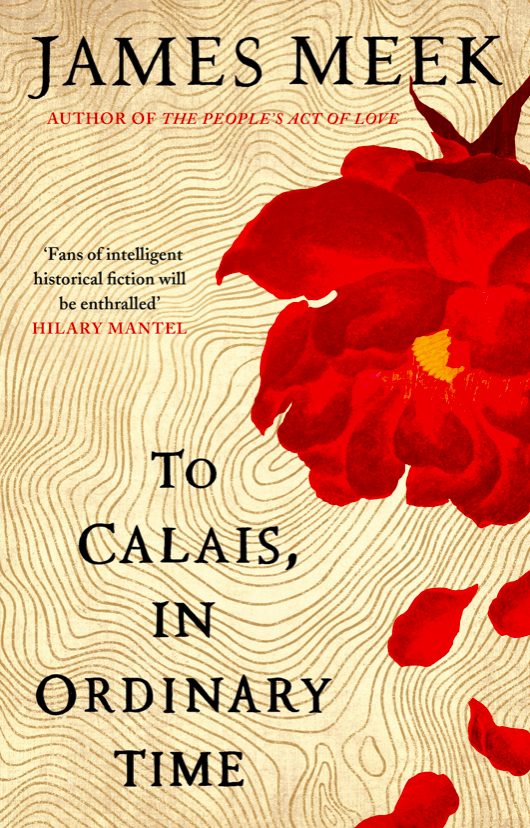“Is it more satisfactory for an expiring sinner to repent, confess and be absolved by God through the agency of a priest or to make their penance to the person they sinned against.”
Set in England in 1348 during the time of the plague, James Meek’s To Calais, In Ordinary Time, is the tale of an unlikely group of people who decide to make a pilgrimage to France each for their own reasons.
Bernadine, a gentlewoman, runs to escape an arranged marriage and meet up with the man she loves. Will, a ploughman, who is looking for adventure and is on his way to join a group off archers who join them on the road and Thomas, a Scottish Proctor who left his home for fortune in France and has been advised to travel with this company and take on the role of a priest in the absence of one.
The story unfolds through the confessions of the travellers to Thomas and reveals how the different classes approach life. The beliefs of the group lurch between extreme superstition and faith in the Roman Catholic Church, all seeing the plague as God’s punishment for sin seeking absolution before death.
Predominantly written in Old English interspersed with French and Latin the text is both beautiful and disturbing, describing both the harsh reality of life at that time with graphic descriptions of sexual encounters and rape alongside the simple beauty of the countryside as they journey through it. The recurring theme is man’s basic need for forgiveness before slipping into the next world.
To Calais, In Ordinary Time captures a snapshot of life in medieval times combining historical facts with a fictitious storyline. When confronted by death on a daily basis the line between the classes disappeared but the need to leave the world a forgiven sinner remained paramount for all. A challenging read by an extremely talented master of language.
